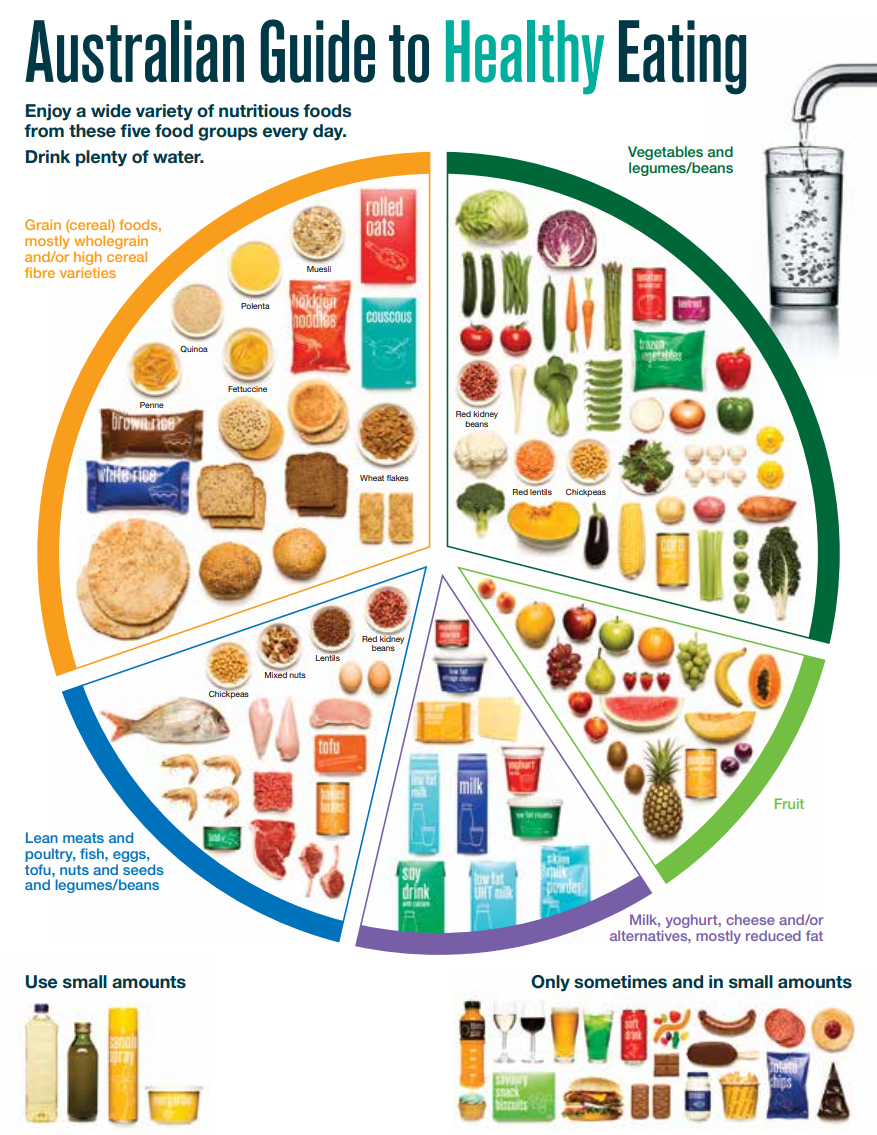We believe that understanding food and nutrition is critical in ensuring a healthy life.
Eating vegetables provides health benefits – people who eat more vegetables and fruits as part of an overall healthy diet are likely to have a reduced risk of some chronic diseases. Vegetables provide nutrients vital for the health and maintenance of your body.


- Vegetables are low-calorie and low-fat
- Vegetables are nutrient-dense
- Vegetables provide complex carbohydrates
- Vegetables allow you to fill up for less
- Vegetables help to reduce the risk of type 2 diabetes, stroke, heart disease, and high blood pressure
- Vegetables contain cancer-fighting phytochemicals
- Vegetables are low in sodium and cholesterol
Your mother always said, “eat your vegetables” and she was right – maybe in more ways than she knew. While you don’t have to go all veggie and become a strict vegetarian, one of the healthiest eating habits you can foster in your family is to eat more vegetables.

Enjoy a wide variety of nutritious foods
A variety of foods should be consumed from each of the five food groups:
Vegetables

vegetables and legumes/beans
Fruits

apples and pears, citrus, stone fruits, tropical and exotic, berries, melons
Grains

grain (cereal) foods mostly wholegrain and/or high cereal fibre varieties, rice, pasta, noodles
Protiein




lean meats and poultry, fish, eggs, nuts and seeds, and/or legumes/beans
Dairy




milk, yoghurt, cheese and/or alternatives


The Guidelines, together with the underlying evidence base, provide guidance on foods, food groups and dietary patterns that protect against chronic disease and provide the nutrients required for optimal health and wellbeing.
The Guidelines aim to promote the benefits of healthy eating, not only to reduce the risk of diet-related disease but also to improve community health and wellbeing. The Guidelines are intended for people of all ages and backgrounds in the general healthy population, including people with common diet-related risk factors such as
being overweight.
The Guidelines do not apply to people with medical conditions requiring specialised dietary advice, or to frail elderly people who are at risk of malnutrition.
To achieve and maintain a healthy weight, be physically active and choose amounts of
nutritious foods and drinks to meet your energy needs.
- Children and adolescents should eat sufficient nutritious foods to grow and develop normally. They should be physically active every day and their growth should be checked regularly.
- Older people should eat nutritious foods and keep physically active to help maintain
muscle strength and a healthy weight.
Source:

